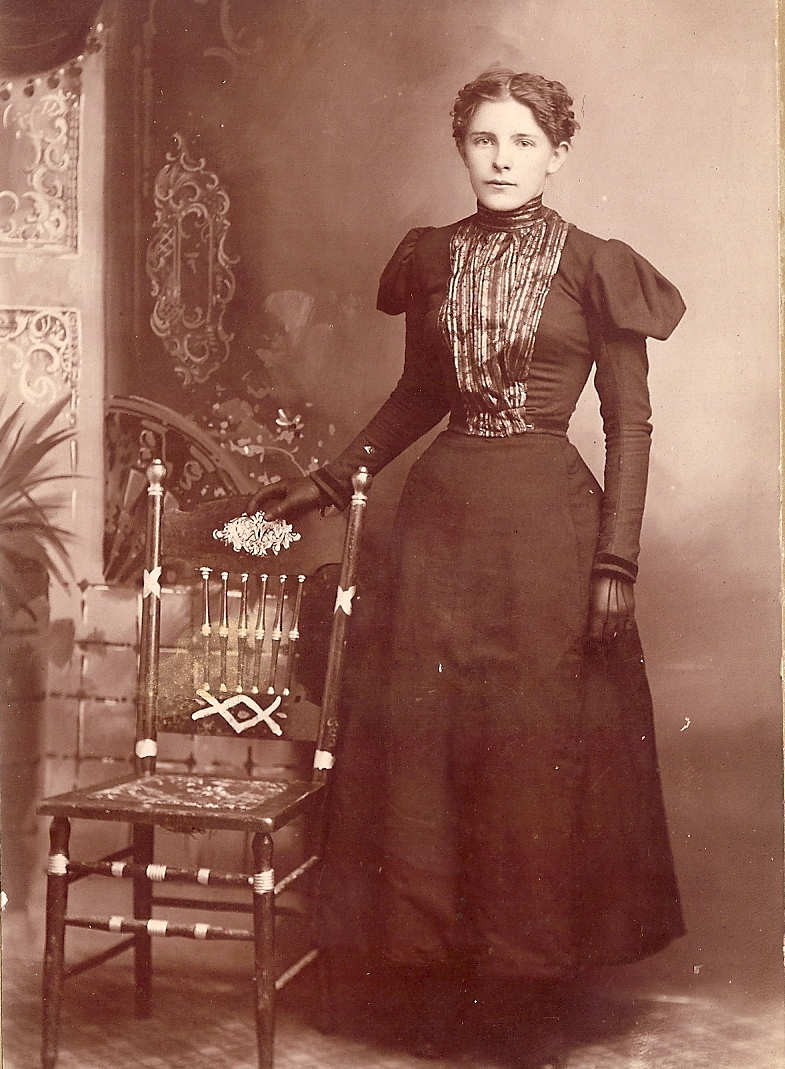The Emancipation Proclamation
In just 25 words, President Abraham Lincoln announced that enslaved African Americans living in the South “shall be free.”
Wm F. WARWICK lived in one of the states of the Confederacy in 1863 when President Lincoln issued the Emancipation Proclamation. Phebe Anthea Pray was also living in a southern Confederate state when the Emancipation Proclamation was issued in 1863 (freeing all enslaved African Americans).
Lincoln’s Emancipation Proclamation was a bold document. It freed enslaved African Americans while condemning the Confederacy. Initially, Lincoln was of two minds on slavery. Although he believed slavery “an unqualified evil,” he also pledged not to interfere with states that practiced the “peculiar institution.” But with the outbreak of war, Lincoln’s attitude shifted, stating, “We must free the slaves or be ourselves subdued,” thereby demonstrating a keen awareness that the federal government must take a stand.
The Emancipation Proclamation freed 3.1 million enslaved African Americans. Lincoln went even further, inviting former enslaved individuals to take up arms against the Confederacy. Nearly 180,000 African Americans took him up on his offer. Lincoln paved the way for the eventual passage and ratification of the 13th Amendment in 1865 that abolished the institution of slavery entirely.
Some historians consider Lincoln the last “Enlightenment politician,” for his changing attitudes towards slavery and his working within existing law to do away with the “peculiar institution.”
For many enslaved African Americans in the South, the news of the Emancipation Proclamation brought their immediate freedom. January 1, 1863, Washington, D.C.
 Phebe Anthea PRAY (1833–1905), born 31 May 1833, in Virginia, her father, John Pray, was 43, and her mother, Elizabeth, was 41. Phebe married Wm F. WARWICK in 1866 in Warm Springs, Virginia. They had 14 children in 24 years. She died on 1 May 1905, in her hometown at the age of 71.
Phebe Anthea PRAY (1833–1905), born 31 May 1833, in Virginia, her father, John Pray, was 43, and her mother, Elizabeth, was 41. Phebe married Wm F. WARWICK in 1866 in Warm Springs, Virginia. They had 14 children in 24 years. She died on 1 May 1905, in her hometown at the age of 71.
| View or Add Comments (0 Comments)
| Receive
updates ( subscribers) |
Unsubscribe
 Phebe Anthea PRAY (1833–1905), born 31 May 1833, in Virginia, her father, John Pray, was 43, and her mother, Elizabeth, was 41. Phebe married Wm F. WARWICK in 1866 in Warm Springs, Virginia. They had 14 children in 24 years. She died on 1 May 1905, in her hometown at the age of 71.
Phebe Anthea PRAY (1833–1905), born 31 May 1833, in Virginia, her father, John Pray, was 43, and her mother, Elizabeth, was 41. Phebe married Wm F. WARWICK in 1866 in Warm Springs, Virginia. They had 14 children in 24 years. She died on 1 May 1905, in her hometown at the age of 71. 